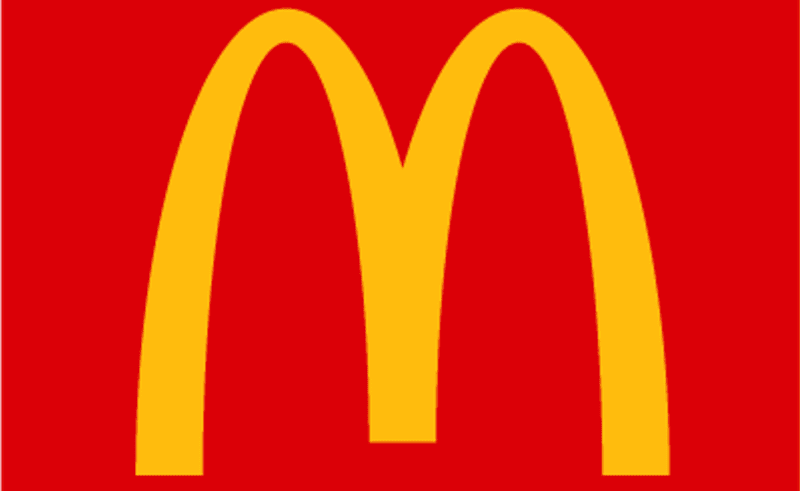Quick take:
- McDonald’s has filed another trademark application for ‘McDelivery’.
- The fast-food chain is leaving nothing to chance in its quest to set up a restaurant in the metaverse.
- The filing dated Feb. 11, indicates that the restaurant chain is planning to set up a virtual restaurant featuring home delivery.
The world’s last fast-food company, McDonald’s is leading the rest of the industry into the metaverse. After filing 10 trademark applications for metaverse-based products and services, the US restaurant chain has followed up with another interesting filing for a home delivery service in the virtual world.
Intellectual property attorney Josh Gerben unearthed the food giant’s latest trademark application on Wednesday, writing “McDonald’s plans for the metaverse are expanding.”
The filing was submitted on Feb. 11 and is for a metaverse service dubbed, McDelivery, which indicates the company plans to set up a virtual restaurant that also provides home delivery services.
Last week, Gerben revealed that McDonald’s had filed several trademark applications related to virtual products, the latest filing shows that the company is leaving nothing to chance as it leaps into the metaverse train.
The new virtual world has already attracted various lawsuits involving virtual products that mimic products of real-world brands. With the regulation of the metaverse still fuzzy, McDonald’s, like several other real-life brands, is taking the right steps to secure its brand in the metaverse.
In our legal roundup post about trademark wars in the metaverse, we asked intellectual property lawyers about the legal implications for those offering digital goods of copyrighted products in the world.
We established that although there are no “concrete legal terms established in the metaverse, it’s important that creators and buyers know that copyright laws still apply even in this digital.”
The metaverse exploded last year when Facebook rebranded to Meta Platform in what the industry interpreted as a validation to the idea. Since then, digital land sellers and blockchain gaming projects have helped to drive the growth.
And in the last two months, fashion companies and real-life brands have also jumped in to explore opportunities for boosting their revenues whilst also engaging with their customers that have embraced the new paradigm shift.
Therefore, if those joining the metaverse plan to mirror real-life activities, perhaps a cup of coffee and a burger have their place too. McDonald’s may have sensed the opportunity, or it could be just protecting its brand.
Stay up to date:





